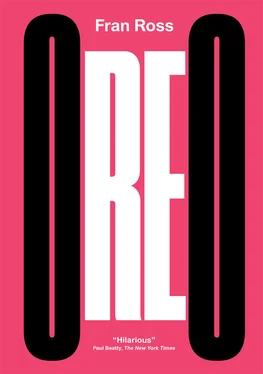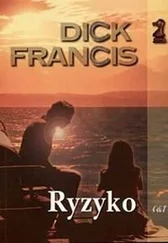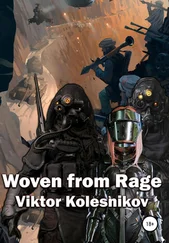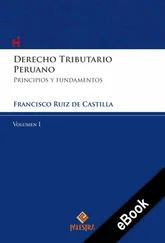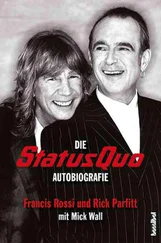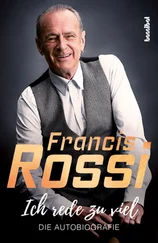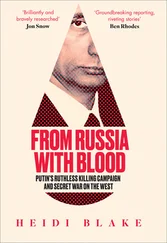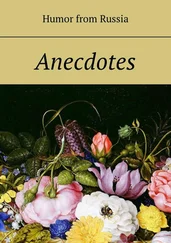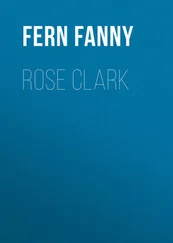Oreo is one of a very few works of satire written by African American women. Historically, black women are far more likely to be the objects rather than the authors of parody and satire. Like William Melvin Kelley’s Dunsfords Travels Everywheres (1970), which also combines vernacular dialects and literary invention in a Joycean romp through language, Ross’s Oreo languishes in the purgatory or limbo of innovative works by black writers that have been overlooked in the formation of the African American literary canon. Although it is notable for its satirical response to the racial and sexual politics of the 1970s, Oreo apparently failed to find its audience, possibly because in the process of commingling two ghettoized vernaculars, African American and Yiddish, the novel also draws on material that both black and Jewish readers might find offensive, perplexing, or incomprehensible. Ross’s double-edged satire includes a Jewish immigrant who retains a voodoo consultant named Dr. Macumba; a reverse-discrimination tale of an all-black suburb where a local ordinance is selectively enforced to keep white people from moving into the neighborhood; a black radio producer’s script of an advertisement for Passover TV dinners; a joke about the heroine’s odds of inheriting sickle-cell anemia and Tay-Sachs disease; and a fight in which Oreo beats a predatory pimp to a pulp while wearing only a pair of sandals, a brassiere, and a mezuzah. Ross frequently confronts her readers with conventional stereotypes encoded in familiar jokes. In Oreo , the stereotype is often made more conspicuous by an unexpected twist or inversion, forcing into consciousness the underlying assumptions of jokes about sex, race, and ethnicity.
With its mix of vernacular dialects, bilingual and ethnic humor, inside jokes, neologisms, verbal quirks, and linguistic oddities, Ross’s novel dazzles by deliberately straining the abilities of its readers, as if she wrote for an audience that did not yet exist. Relatively few people in 1974 would have possessed the linguistic competence, multicultural literacy, and irreverently humorous attitude toward racial and ethnic identity that Ross demonstrates and expects of Oreo ’s ideal audience. The more that today’s readers have come to learn and understand about America’s cultural diversity and the less constrained by narrow definitions of identity, the more likely we are to comprehend and appreciate Ross’s satire, which seems to have arrived ahead of its time.
What makes this quirky novel accessible, despite its idiosyncrasy, is Ross’s lively appropriation of popular culture genres, including jokes, cartoons, graffiti, advertising, palmistry, cookbooks, and dream books. Ross borrows as heavily from such sources as she does from the culture of high literacy represented by classical literature and “great books,” dictionaries, thesauruses, and other reference works, as well as the scholarly essays, handbooks, and bureaucratic pamphlets of academics, technical writers, and other specialists. Oreo borrows without prejudice from elite as well as popular forms of writing and speech, just as she takes equal pleasure in European classical music and “singing telegrams well sung” (178). Ross exploits the double-edged humor of jokes incorporating Yiddish in particular and of “ethnic humor” in general. On the one hand, Yiddish is popularly associated with a certain brand of “Jewish humor”; on the other hand, Yiddish as a language of foreigners, immigrants, or ghettoized Jews may simply “sound funny” to non-Yiddish speakers. Ross also suggests that ethnic humor is a significant aspect of the serious business of constructing American identities within a mainstream culture that rejects some while appropriating other aspects of diverse ethnic groups. As the insider humor of a minority group crosses over into American popular culture, becoming ethnic humor, it allows some members of the marginalized community to make a living by laughing at what makes an ethnic minority group seem “funny” or strange or incomprehensible to others.
As often happens, one minority ethnic group can also be pitted against another when one group is comically portrayed or caricatured by the other. Ross satirically examines just such scenarios, although she departs from the cultural script with a wisecracking heroine who feels free to claim or discard whatever she wishes of African American, Jewish American, and “mainstream” American cultures. Like its eponymous heroine, Oreo is a hybrid, a product of racial and cultural miscegenation. While Oreo can claim a high-culture pedigree as an innovative literary work retelling a classical Greek myth, Ross also appropriates the lowbrow shtick practiced by performers of stand-up comedy, along with the brisk hucksterism brought to you by advertising copywriters who collaborate with actors and directors in the making of commercials for radio and television. Jokes, cartoons, graffiti, and advertising cohabit with linguistics, classical mythology, picaresque novels, and feminist manifestos as influences on the construction of the novel.
In Oreo the ancient Greek myth of Theseus’ journey into the Labyrinth becomes a linguistically riotous feminist tall tale of a young black woman’s passage from Philadelphia to New York in search of her white Jewish father. Ross’s brain-teasing humor gives Oreo its distinctive wit. It is essentially a ludic text, full of verbal games, jokes, puns, and puzzles. Ross clearly delighted in inviting readers to play along with her rollicking parody of classical myth. However, there is also a serious aspect to her heroine’s playful wrangling with language. The Labyrinth that Theseus entered was a kind of game created by Daedalus for King Minos of Crete; but the intricate maze served the serious purpose of corralling the violent Minotaur. In certain Greek myths, solving a riddle is a test of the hero’s ingenuity, suggesting that life itself is a game of wits. Oreo’s journey is not merely a whimsical comic adventure, but also a meaningful quest for self-knowledge. As she seeks the answer to the riddle of her origins, word games entertain the heroine in her solo journey, and keep her wits sharpened for verbal duels with the assorted characters she encounters on the streets of New York, who correspond to the bandits that Theseus slays on his overland journey from Troezen to Athens.
A satire on relations between African Americans and Jews, as well as a topsy-turvy treatment of racial and ethnic shibboleths and stereotypes in American popular culture, Oreo is also a formally inventive picaresque novel written as a series of language games, comic translations, bilingual wisecracks, and arch etymological puns that call to mind crazily erudite vaudeville routines performed by comedian Professor Irwin Corey; elaborately constructed shaggy dog stories with absurdly far-fetched punch lines delivered with the raised eyebrow of Groucho Marx; the high hipster monologues of Lord Buckley; and the X-rated comedy of Lenny Bruce, Redd Foxx, and Richard Pryor. Ross’s linguistic range stretches from scholarly wit and airy erudition to vernacular dialects and stand-up comedy shtick. The author’s etymological puns trace her tongue back to its Greek and Latin roots, at the same time that her novel updates an ancient myth with several new twists, including a heroic feminist protagonist whose Labyrinth is the New York subway system, and whose Minotaur is not a bull-headed man but a mannish bulldog named Toro. Like James Joyce’s Ulysses , possibly one of its models, Ross’s novel is, on a smaller scale, a zesty, pun-filled parody of a classical myth.
Oreo’s tongue-in-cheek mimicry of the Greek hero underscores Ross’s cheekiness as an African American woman who travesties both James Joyce and the Greeks while blithely seeking her place in a Western literary tradition. Ross’s clever parody is wildly irreverent in many respects, drawing interesting parallels between the macho hero Theseus, who is credited with the invention of wrestling, and her militantly feminist heroine, Oreo, who uses verbal wit and martial arts to dispatch her male adversaries. Like Theseus, when Oreo comes of age, she sets off to find an absentee father who has left behind clues to the “secret of her birth” and tokens of a paternal legacy, “sword and sandals,” traditionally passed from father to son.
Читать дальше
